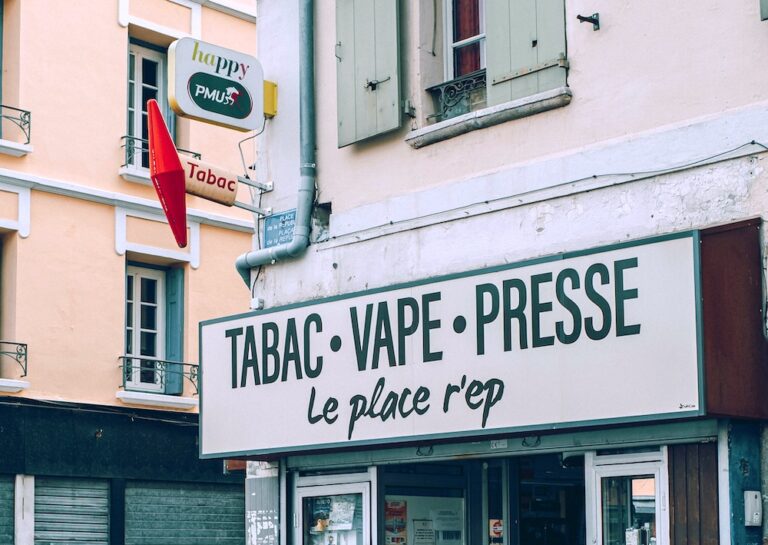coûte que coûte
The French phrase coûte que coûte literally means “cost what it may” or “whatever it costs.” It expresses determination to achieve something regardless of the cost, difficulty, or risk involved. It is one of the most common French idioms for expressing absolute resolve.
It comes from the verb coûter (to cost) and the conjunction que (that), repeated for emphasis. The phrase literally translates as “let it cost what it may cost.”
Meaning and use
Coûte que coûte is used when someone is willing to do whatever is necessary to achieve a goal, even if it involves sacrifice or difficulty. It can apply to both serious and everyday situations.
Typical translations include:
- “At all costs”
- “Whatever it takes”
- “No matter what”
Examples
- Il faut réussir, coûte que coûte.
We must succeed, whatever it takes. - Elle veut sauver son entreprise, coûte que coûte.
She wants to save her business at all costs. - Je viendrai te voir, coûte que coûte.
I’ll come to see you, no matter what. - Ils veulent gagner cette élection, coûte que coûte.
They want to win this election whatever the cost.
The expression can appear in either formal or informal French, and it is usually placed after the main verb or at the end of a clause for emphasis.
Related expressions
Several other French expressions convey similar ideas of determination or persistence:
- À tout prix – “At all costs.”
Elle veut partir en vacances, à tout prix.
She wants to go on holiday at all costs. - Quoi qu’il en coûte – “Whatever it costs” or “whatever the price.”
This is slightly more formal and is often used in political or serious contexts.
Nous devons protéger la population, quoi qu’il en coûte.
We must protect the population, whatever it costs. - Vaille que vaille – “For better or worse” or “come what may.”
It expresses perseverance even when success is uncertain.
Il continue, vaille que vaille.
He keeps going, come what may. - À n’importe quel prix – “At any price.”
Ils veulent gagner, à n’importe quel prix.
They want to win at any price. - Vienne que pourra – “Come what may.”
Slightly literary or poetic in tone.
Je dirai la vérité, vienne que pourra.
I’ll tell the truth, come what may.
Register and tone
Coûte que coûte is common in spoken and written French. It fits most registers except the most informal speech, where shorter phrases like à tout prix or peu importe are more typical.
In writing, coûte que coûte often appears in journalistic, political, or motivational contexts, where it stresses determination despite obstacles.
Grammar note
Coûte que coûte is a fixed idiomatic structure. The verb coûter appears in the subjunctive (coûte), though the phrase is not usually analyzed grammatically by native speakers—it functions as a set expression.
Summary
- Coûte que coûte means “whatever it takes” or “at all costs.”
- It conveys strong determination despite risk or sacrifice.
- Related expressions include à tout prix, quoi qu’il en coûte, vaille que vaille, and vienne que pourra.
- The expression is widely used in both formal and everyday French to stress persistence or resolve.






